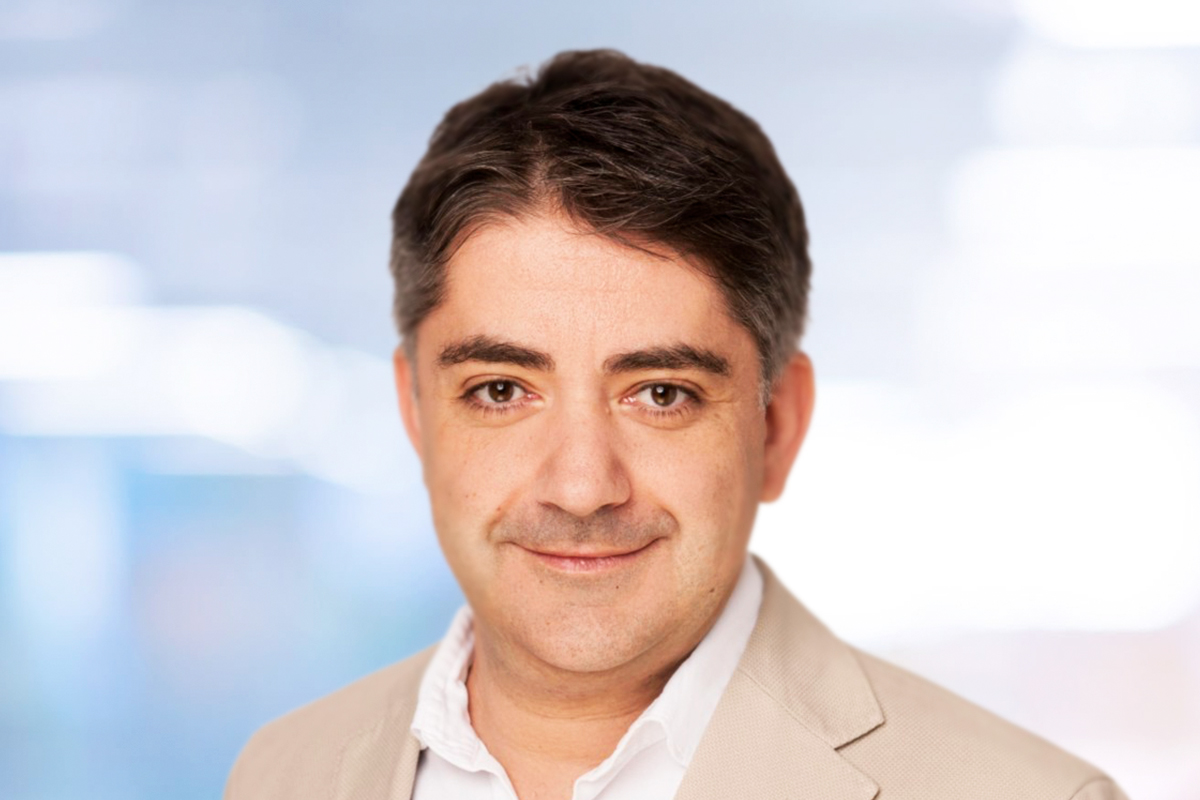EY refers to the global organization, and may refer to one or more, of the member firms of Ernst & Young Limited, each of which is a separate legal entity. Ernst & Young Limited is a Swiss company with registered seats in Switzerland providing services to clients in Switzerland.
Geopolitical and economic situation puts pressure on sentiment among Swiss investors
- Swiss investors are concerned about the implications of an economic downturn, geopolitical risks and market volatility. 44% have taken more control over their investments.
- 42% cite investment performance as the reason for switching to another institution, followed by the range of products and services, and more attractive conditions. 31% state they are likely to change provider, with 9% of those very likely to do so.
- One in three (32%) say they are interested in alternative investments. Generation X and millennials are much more willing to take risks when it comes to digital investments than the baby boomer generation.
- Swiss high net worth individuals feel less prepared for wealth transfers than the global average: 36% believe they are well prepared, compared with 44% globally.
- AI is a relevant component of investment advice for all generations, but human control is still expected.
Zurich, 22 May 2025 – High net worth investment customers in Switzerland are concerned about global macroeconomic developments, in particular economic stability (51%), rising inflation (45%), market volatility (44%) and geopolitical risks (39%). As a result, 41% in Switzerland have already spent more time addressing developments with their advisor and 44% (also 44% globally) have taken more control over their portfolios. This is one of the findings of the new EY Global Wealth Research Report 2025. The focus below is on the Swiss figures and findings.
The report, which surveyed over 3,500 high net worth private customers worldwide, including more than 1,000 in Europe and 205 in Switzerland, found that 42% in Switzerland cited investment performance as the reason for switching to another institution, followed by the range of products and services (34%), and more attractive conditions (34%). 37% would like to have flat-rate cost structures and 19% performance-based arrangements, while 17% of respondents are very concerned about hidden costs and a further 30% are ‘slightly concerned’. As a result, almost a third of customers (32%) say they are likely to change provider, with 9% of those very likely to do so. Almost half of customers (46%) are considering moving 26%–50% of their investments.
Urs Palmieri, Co-Lead EY Global Center for Wealth Management, commented: “Assumptions about customers’ historical rigidity seem increasingly outdated. Swiss high net worth individuals are increasingly willing to move significant portions of their assets between providers to maximize their added value – with strategic implications for wealth managers.”
Asset management is becoming increasingly more complex
The survey data from the latest EY report show that the perceived complexity of asset management has increased across all age groups in Switzerland, particularly with regard to investment products (52%) and long-term pension provision (48%), a holistic view of investments (47%) and the transfer of assets within the family (44%).
In line with global observations, 29% of the Swiss bank customers surveyed plan to expand the number of their relationships, given that the primary relationships are now private banks (20%), followed by major Swiss and international banks (18%) and cantonal banks (15%).
Growing interest in alternative investments
48% of high net worth investment customers in Switzerland state that they are already invested in alternative investments (private equity, private credit, real estate, VC and hedge funds, etc.). Around a third (32%) say they are interested in these products. The risk appetite of the “baby boomers” (i.e. people born between 1946 and 1969) for alternative investments such as crypto in the current volatile markets remains lower (23%) than that of millennials (40%). In Switzerland, Gen X is much more inclined towards passive (50%) and alternative (58%) investments.
According to the survey data, investments in non-traditional asset classes are increasing, especially among those aged between 44 and 60. More than a third of Swiss Gen X investors (37%) say they are currently invested in digital assets, compared with 40% of millennials. Only the oldest generation of baby boomers fell significantly in Switzerland (23%).
General concerns about alternative asset classes could impact their investment level and acceptance, with 42% of respondents in Switzerland citing higher fees for alternatives as the main barrier, followed by high risks (39%) and then the lack of clarity about the risk/return profile (34%). This suggests that better educating clients about alternative investment opportunities could lead to higher acceptance.
Increasing need among families for advice on wealth transfers
Swiss high net worth individuals feel less prepared for wealth transfers than the global average: 36% believe they are well prepared, compared with 44% globally. 32% state that neither they nor any of their family have been supported by a bank in the area of wealth transfers to date.
Raphaël Thürler, Wealth & Asset Management Sector Leader for EY Switzerland, commented: “The intergenerational transfer of wealth represents a significant opportunity for asset managers, but also a risk for companies that fail to reach out to the generations involved and build trust with heirs. The risk of outflows is high.”
It is interesting in this context that well over 90% already have specific ideas about what they will do with any inherited assets: Almost half of the respondents (46%) plan to continue investing, albeit with a different investment strategy, and 35% say it is very likely that they will stay with their parents’ current asset manager.
AI is becoming increasingly important in asset management, but personal relationships remain key
The survey data show that the role of artificial intelligence (AI) in asset management is viewed critically. While Swiss investors of all ages see AI as valuable in asset management and 58% expect it to become part of the advisory process, only 28% say they trust AI as much as their personal advisor. Investors of all ages in Switzerland are agreed that they expect human supervision, even when using AI.
Data protection is the most important topic in the survey when it comes to AI, with 46% of investors based in Switzerland expressing less confidence in AI tools than in human advisors.
2025 EY Global Wealth Research Report
Methodology
EY partnered with market research consultancy Savanta to conduct a comprehensive survey of nearly 3,600 asset management customers in 30 geographical regions.
About the global EY organization
The global EY organization is a leader in assurance, tax, transaction and advisory services. We leverage our experience, knowledge and services to help build trust and confidence in the capital markets and in economies all over the world. We are ideally equipped for this task — with well trained employees, strong teams, excellent services and outstanding client relations. Our global purpose is to drive progress and make a difference by building a better working world — for our people, for our clients and for our communities.
The global EY organization refers to all member firms of Ernst & Young Global Limited (EYG). Each EYG member firm is a separate legal entity and has no liability for another such entity’s acts or omissions. Ernst & Young Global Limited, a UK company limited by guarantee, does not provide services to clients. Information about how EY collects and uses personal data and a description of the rights individuals have under data protection legislation are available via ey.com/privacy. For more information about our organization, please visit ey.com.
EY’s organization is represented in Switzerland by Ernst & Young Ltd, Basel, with 10 offices across Switzerland, and in Liechtenstein by Ernst & Young AG, Vaduz. In this publication, “EY” and “we” refer to Ernst & Young Ltd, Basel, a member firm of Ernst & Young Global Limited.



